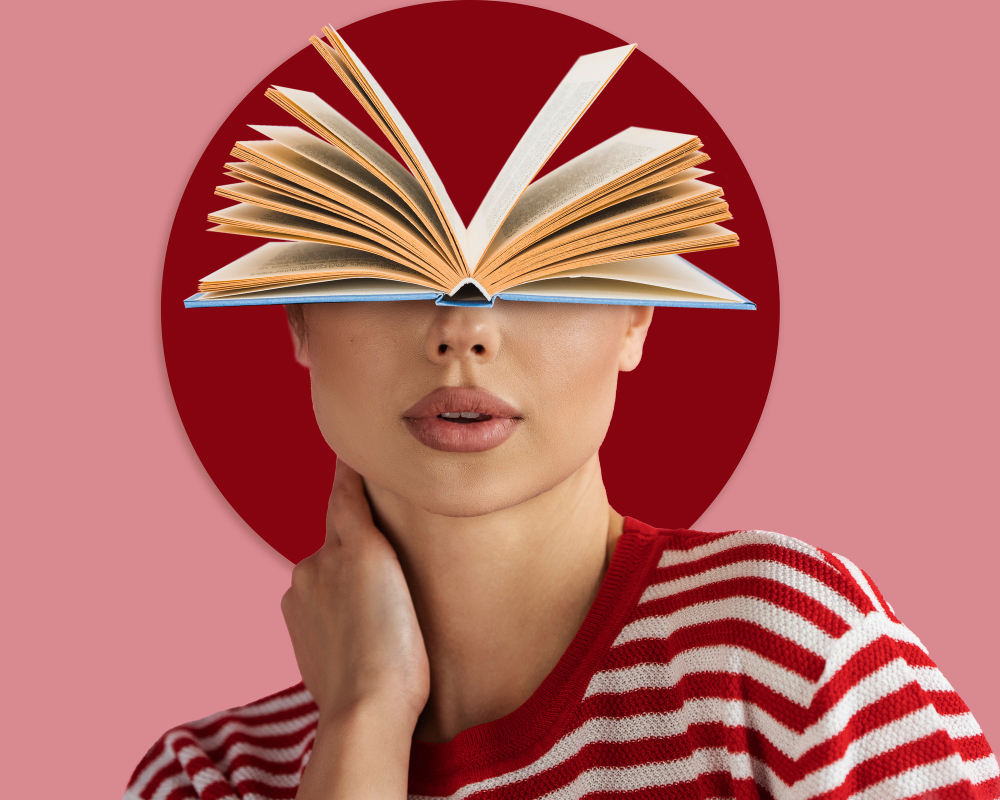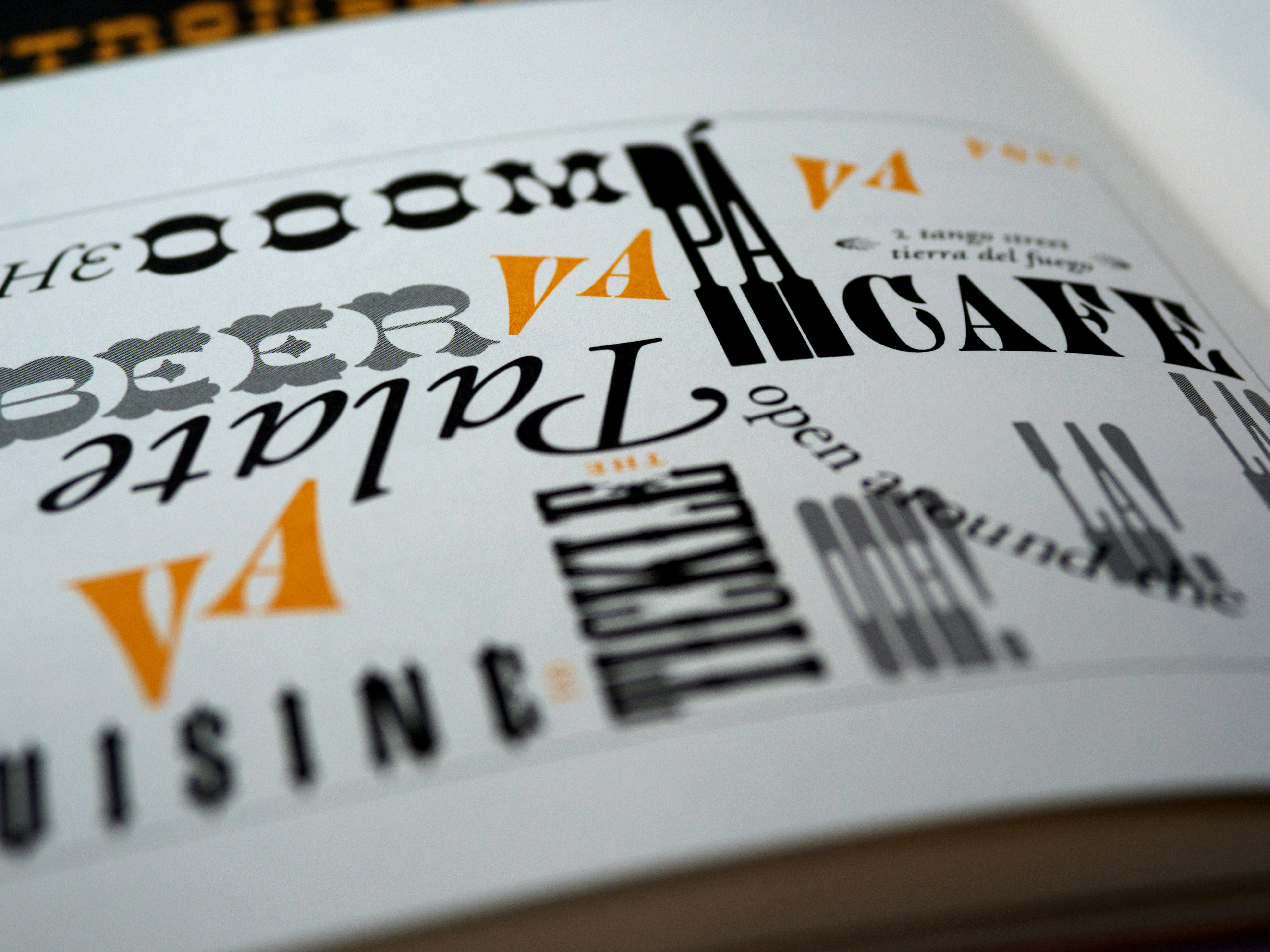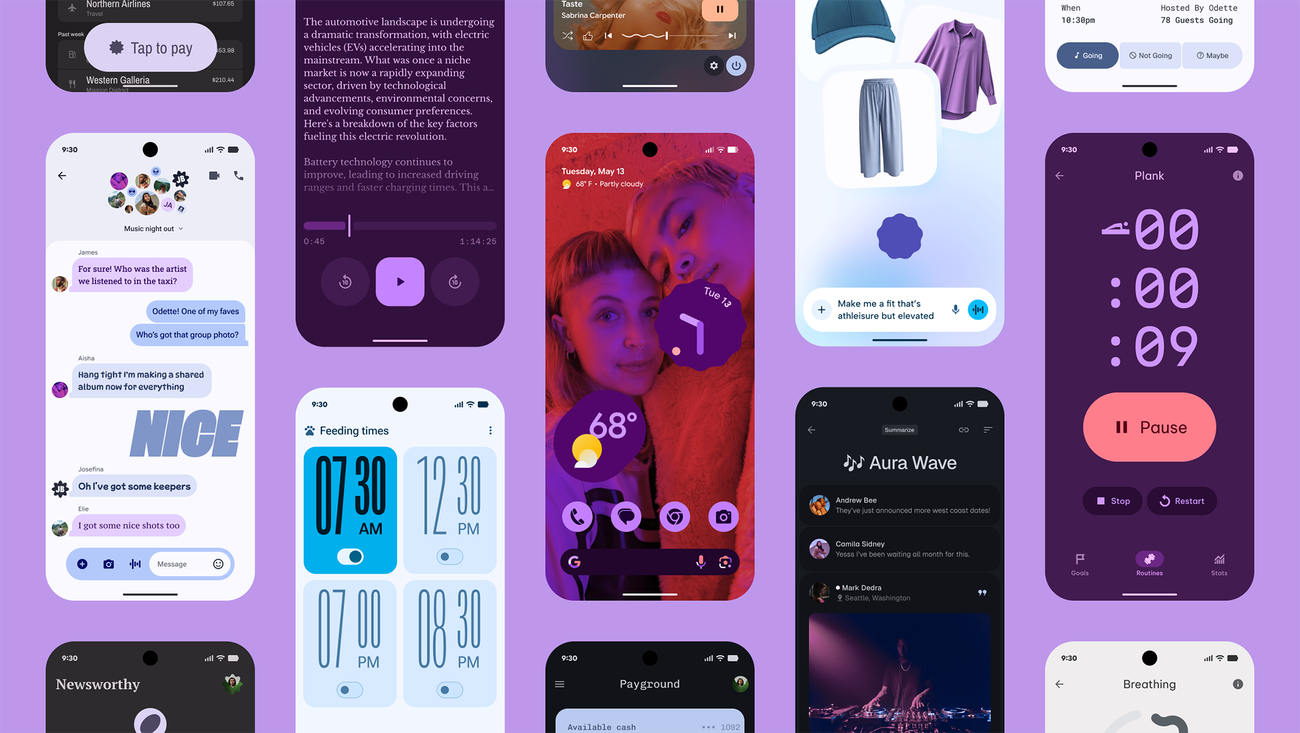Design Graduates in the Age of AI: Competing Against the Machine
When today’s graphic design graduates step out of university, they’re entering a world where creativity and technology collide in ways few could have imagined a decade ago. Artificial intelligence, once a distant concept, is now reshaping the creative industries, and many young designers are feeling the pressure.
Birmingham City University graduate Darby Hutchby remembers when AI was barely discussed in her visual communication degree back in 2017. Now, eight years later, she says designers like her are “competing against the technology to get a job.”
Major brands are embracing AI-driven campaigns at a remarkable pace. Heinz used AI to generate images of ketchup bottles for an advert in 2022. Coca-Cola released a fully AI-created Christmas campaign, and Mango faced backlash after using AI-generated teen models in its Sunset Dream campaign. Each of these moves signals how artificial intelligence is now not just assisting but, in some cases, replacing human creativity in marketing and design.
For graduates like Hutchby, that shift has made job-hunting a test of resilience. “Because AI can create things so quickly, clients expect designers to do the same,” she explains. “But we take a lot more of a personal approach.”
After months of unanswered applications, she began to wonder whether her degree was still worth it. To stand out, she’s now expanding into animation, hoping that “bringing as many strings to the bow as possible” will help her offer something AI can’t.
The World Economic Forum has warned that graphic design is among the fastest-declining job categories by 2030, largely due to automation and AI adoption. Companies like Klarna, for instance, have replaced hundreds of customer service roles with AI assistants, an example of how quickly such technologies are scaling.
For many new designers, the market feels like a closed door. Ashleigh Sadler, a Sheffield Hallam University graduate, says AI has “taken opportunities away from designers,” particularly at small businesses that now see automation as a cost-cutting tool. After months of rejection, she even considered retraining as a paramedic before finally securing a job at a marketing agency. “I’ve put all this effort in, studying for five years for AI to come round now,” she reflects. “It made me question the degree and think, ‘What have I been doing all this work for?’”
Not every graduate views AI as purely a threat. Grace Warren, who recently finished at the University of Brighton, believes it’s both a challenge and an opportunity. “It’s an opportunity for graduates to become experts in the technology and use it to their advantage,” she says. But she also acknowledges the pressure: “Feeling threatened by AI is a real thing... it makes you feel extra pressure to do even better.”
Experts say the story of design has always been one of evolution, not extinction. Dr Rebecca Ross from Central Saint Martins argues that it’s a misconception that AI will “kill” graphic design. “Graphic design has always developed in step with technological change, from letterpress to desktop publishing and now Gen AI,” she says. While it’s impossible to fully predict what’s next, she notes that employers are increasingly split: some want designers who can harness AI tools, while others seek “distinct voices” to stand apart from the technology’s uniformity.
That human touch, the practiced eye, the sense of meaning and emotion, remains something machines still struggle to replicate. As Jake Jeffries, founder of the creative agency Milk & Tweed, puts it: “Ideas are as important as ever.” He says he looks for people who show genuine enthusiasm and initiative, whether that’s personal projects or volunteer work. “I always like to hear people say, ‘This is a project I did for free for my mum’s business,’ as that shows you enjoy it.”
The world of design is clearly changing, but change doesn’t always mean the end. For today’s graduates, the challenge is to find where the human imagination still shines brightest and to keep creating work that even the smartest algorithms can’t quite imitate.
References
- BBC News. (2025, October 25). Design graduates 'competing' against AI for jobs. Retrieved from https://www.bbc.com/news
- World Economic Forum (2023). Future of Jobs Report 2023. Geneva: WEF.
- Heinz (2022). AI Ketchup Campaign. Kraft Heinz Company.
- Coca-Cola (2024). Christmas Campaign featuring AI-generated visuals. The Coca-Cola Company.
- Mango (2024). Sunset Dream Campaign. Mango Fashion Brand.
- Klarna (2024). AI Assistant Expansion Announcement. Klarna Press Release.
- University of the Arts London, Central Saint Martins. (2025). Interview with Dr Rebecca Ross on the future of design education.
- Milk & Tweed Creative Agency (2025). Hiring insights shared by founder Jake Jeffries.
More
more
like this
like this
On this blog, I write about what I love: AI, web design, graphic design, SEO, tech, and cinema, with a personal twist.













